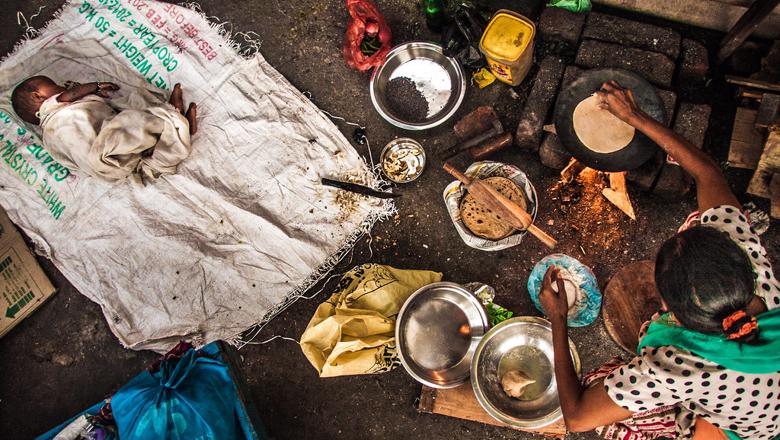Our paper suggests that a possibility to counteract the upward movement in global income inequality is for countries’ policy to focus on lowering interpersonal income differences within their borders.
Dr Eduardo Ortiz-Juarez, Lecturer in Development Economics
16 March 2022
Researchers warn progress on tackling global inequality faces “a great reversal” by 2030
A new paper by King’s researchers finds that the recent decline in global income inequality could start to reverse within the next decade and this inequality “boomerang” would have happened even without a pandemic, thanks to fast-growing middle-income countries like China and India.

The paper finds that although a reversal in global income inequality would have happened regardless, it is likely the COVID-19 pandemic has accelerated its emergence, as well as unequal access to vaccines across the developing world – which is preventing a full economic recovery and growth potential.
Focusing on the between-country component of inequality – that is the difference of incomes between countries – the paper finds the reversal in trends will likely take place towards the mid-to-late 2020s.
This is because of fast-growing, populous countries like China and India have been catching up to rich countries, while simultaneously increasing the gap between themselves and low-income countries.
The consequences of this, for instance, means more marginalisation of poorer countries in global decision-making bodies and a continuation of poverty.
However, as co-authors Professor Andy Sumner and Dr Eduardo Ortiz-Juarez, of the Department of International Development, and Professor Ravi Kanbur (Cornell University), point out in a corresponding blog post, there is potential to counteract the boomerang.
They also urge the “sunshine narrative” of declining global income inequality be tempered.


